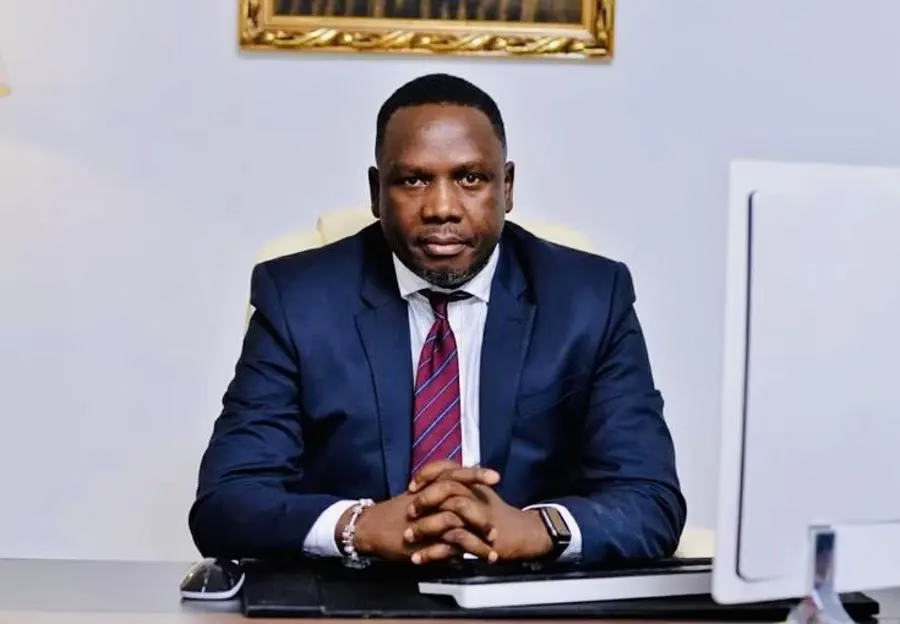The Nigerian presidency has forcefully rejected claims of ethnic bias in the composition of President Bola Tinubu’s cabinet, with Senior Special Adviser Daniel Bwala describing allegations of favoritism toward the Yoruba ethnic group as “outright false.” Bwala’s statements, made during a televised interview with Channels Television, came in response to recent criticisms questioning the administration’s adherence to Nigeria’s constitutional mandate for regional balance in governance.
Bwala emphasized that Tinubu’s appointments strictly complied with the Federal Character Principle, a constitutional provision aimed at ensuring equitable representation across Nigeria’s diverse regions and ethnic groups. “The President has fully met and exceeded this requirement,” Bwala asserted, adding that northern Nigerian leaders “solidly stand with him” and oppose divisive rhetoric. His remarks followed contentious comments by Babachir Lawal, a former Secretary to the Government of the Federation, who accused the Yoruba ethnic group—Tinubu’s ethnicity—of wielding disproportionate influence in governance.
Amid these debates, Bwala highlighted the administration’s recent policy strides as evidence of inclusive progress. He noted that over 300,000 students had accessed federal education loans, state governments now receive triple monthly financial allocations for infrastructure development, and food inflation—a critical concern in Africa’s most populous nation—was showing signs of easing. “This government is delivering tangible results,” Bwala stated, linking these outcomes to Tinubu’s reform agenda.
The presidential aide also addressed political dynamics, claiming broad acceptance of Tinubu’s leadership even in regions where electoral support had been weaker. “In the South East, which recorded the lowest votes for the president, public approval is growing,” he said, attributing the shift to early gains from policy overhauls. Bwala further positioned Tinubu as unparalleled in Nigeria’s political landscape, asserting that “no rival can match his vision or capacity to drive transformative change.”
While ethnic representation remains a sensitive issue in Nigeria’s multi-ethnic democracy, Bwala’s comments reflect an administration keen to project unity and deflect criticisms of parochialism. Analysts note that Tinubu’s ability to balance regional interests will likely remain under scrutiny as reforms unfold in a nation grappling with economic pressures and heightened social tensions. The dismissal of “Yorubanization” claims underscores an effort to reaffirm the government’s commitment to national cohesion while spotlighting policy milestones as markers of credibility.
